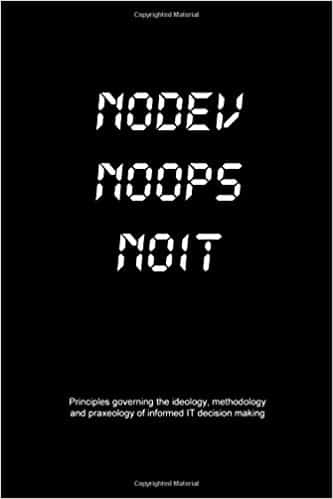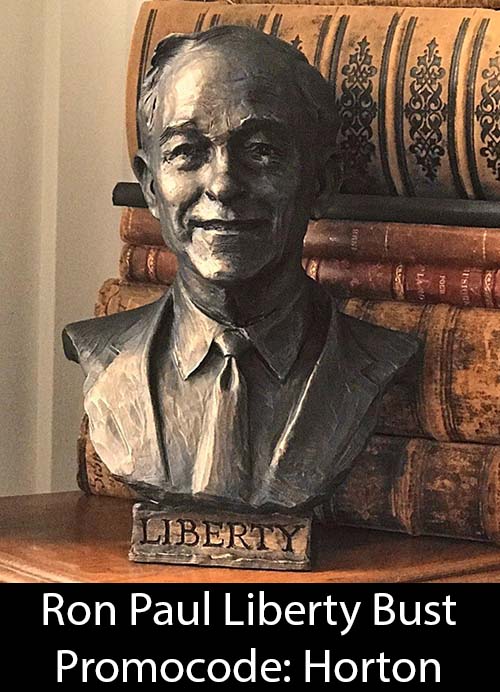By Robert Gaines and Scott Horton
Originally published at The American Conservative.
There is no longer any relevant mission for the United States in Afghanistan. Western efforts to determine the future of that country have proven futile.
Though officials with eyes on their legacies caution that an end to the occupation would unravel gains won on behalf of Afghan civilians, calls for deference to humanitarian concerns should ring hollow in the ears of Americans by now. Afghans are suffering terribly because of the war. The supposed humanitarian justification for our interventions has given way to privation, internecine conflict, and prolonged aerial bombardment. President Trump does not believe in the war. Neither do theAmerican people.
There is great superficial appeal in claiming we’re advancing the wellbeing of developing countries like Afghanistan. Most Westerners value things like access to education and equal legal standing for both genders. However, holding progress in those areas aloft to justify an indefinite occupation conveys both the extent of the mission creep that’s taken place and a profound ignorance of the diplomatic corps.
Engineering Pashtun tribal culture and freeing women from purdah is beyond the capability of the U.S. military and aid agencies. Even in the areas where Western ideas of co-education have supposedly taken hold, the figures said to signify progress are highly questionable. Enrollment numbers vary considerably between Afghan government sources, and according to the Special Inspector General on Afghanistan Reconstruction (SIGAR) in 2015, an estimated $769 million had gone to “Ghost Schools,” wherein administrators collect salaries for absent student bodies.
Even if incremental social progress has been made, it’s been overshadowed by ongoing human rights abuses perpetrated by Afghanistan’s National Directorate of Security (NDS) and the presence of war criminals in the government.
America’s advocacy on behalf of the National Unity Government further undermines the legitimacy of any concern over the wellbeing of the Afghan people. Establishment voices bemoan the ongoing bilateral talks between the U.S. and the Taliban. By excluding the National Unity Government, negotiators are alleged to have delegitimized the government that the United States has worked to prop up. But for this to have occurred, Kabul would have had to have possessed a modicum of legitimacy in the first place. Pliant quislings are ideal clients for the U.S., but to the people of Afghanistan, the government in Kabul represents a murderous and kleptocratic minority that hosts some of the worst figures in contemporary Afghan history.
In a country with a 42 percent Pashtun population, a government comprised of ethnic minorities is an initial obstacle to a functioning representative democracy, given the country’s history of ethnic and tribal strife. More troubling than ethnic asymmetries, however, are the figures that have ascended to power in the National Unity Government. Contemptible militia commanders guilty of well-publicized war crimes, like the recently pardoned Vice President Abdul Rashid Dostum, enjoy power under the U.S.-backed system. Former CIA ally and notorious warlord Gulbuddin Hekmatyar has also returned to run for the presidency after a recent grant of clemency from President Ashraf Ghani. The former intelligence chief and deputy to brutal Tajik warlord and Soviet double agent Ahmad Shah Massoud, Amrullah Saleh, has announced his intention to run as Ghani’s vice president.
If the current cast of the Kabul government isn’t sufficiently repugnant, then one need only look to the barbarism of the Afghan National Security Forces. It is fortunate that the Taliban will even assent to talks with the U.S., given the occupation’s legacy of crimes and abuses. None of the aforesaid seeks to absolve the Taliban of their savagery, but at a minimum, the U.S. should acknowledge that in any other context, the National Unity Government would warrant examination in The Hague.
Ideas of surrender and defeat hardly seem relevant in the current impasse. The stated objectives of Operation Enduring Freedom were carried out within the first year of the war. The architects of the September 11 attacks are long dead or imprisoned. Refusing to engage in further skirmishing with local agrarian militiamen on their own territory on the far side of the planet hardly constitutes surrender. Contrary to prevailing opinions, an immediate withdrawal from Afghanistan is one of the few face-saving options left for America. Remaining on the basis of specious pretexts only diminishes our standing in the eyes of friends and enemies alike.
The only path to equilibrium in Afghanistan is one that lacks the imposition of a foreign agenda. Even with a decent interval and a gradual scaling down of forces, there can never be a guarantee that the Taliban won’t once again rise to power in Afghanistan. By supporting the same warlords whose depravity paved the way for the initial rise of the Taliban, the U.S. has heightened the probability of another backlash in the post-occupation period. In the Pashtun heartland, the Taliban already operates as a de facto government, though greater political autonomy for this area does not threaten American national security. There is also reason to doubt that the Taliban would attempt to seize the rest of the country by force after an American withdrawal, since, unlike in the 1990s, they would not have the support of their Pakistani patrons necessary to go that far.
It’s also less likely now than ever before that the Taliban’s part of Afghanistan will become a terrorist safe haven, since the group has demonstrated in speech and deeds that they will not tolerate foreign groups.
Withdrawing U.S. forces from Afghanistan does not mean surrender; it means acknowledging immutable realities that predate the occupation. The time for an American solution has passed. The time for the Afghan people to determine their own course is now.
Robert Gaines is an IT professional and 10-year veteran of the U.S. Air Force and Air National Guard. He served with U.S. and coalition forces in Iraq and Afghanistan as an embedded liaison for ground combat operations. Scott Horton is editorial director of Antiwar.com, host of Antiwar Radio on KPFK 90.7 FM in Los Angeles, director of the Libertarian Institute, and the author of Fool’s Errand: Time to End the War in Afghanistan.















